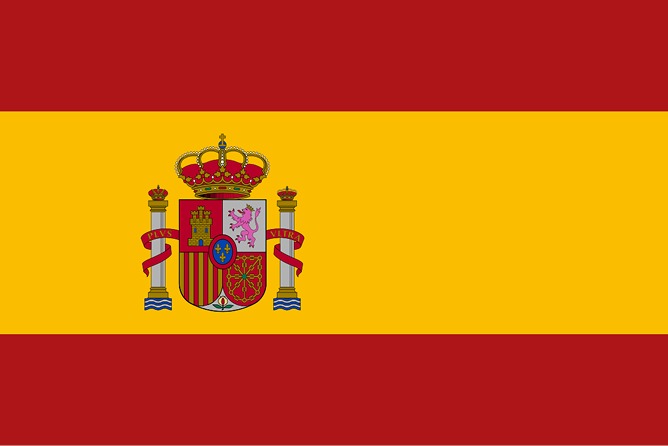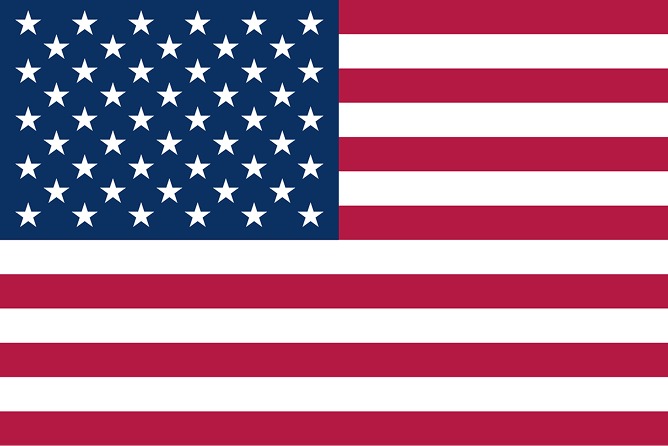Não conseguimos encontrar a internet
Tentando reconectar
Algo deu errado!
Aguarde enquanto voltamos ao normal
International reliance on Brazil’s water through soy and beef supply chains
25/08/25| Título | International reliance on Brazil's water through soy and beef supply chains |
| Autores | Michael J. Lathuillière, Rafaela Flach, Lan Wang-Erlandsson, Vivian Ribeiro, Erasmus K. H. J. zu Ermgassen Carlos M. Souza Jr |
| Ano de publicação | 2025 |
| Meio de publicação | Nature Communications Earth & Environment |
| DOI (Digital Object Identifier) | https://doi.org/10.1038/s43247-025-02658-7 |
Lathuillière, M.J., Flach, R., Wang-Erlandsson, L. _et al._ International reliance on Brazil’s water through soy and beef supply chains. _Commun Earth Environ_ 6, 688 (2025). https://doi.org/10.1038/s43247-025-02658-7
Abstract
As commodities enter supply chains, consumers rely on distant freshwater sources to ensure continued supply. This information often lacks the traceability and granularity required to assess the reliance of supply chains on specific river basins and their level of water scarcity. Here, we quantify the volume and source of freshwater for the production and export of Brazilian soy and beef to China and the EU, together with deforestation and greenhouse gas emissions for the 2015–2017 period. Both sectors mainly rely on rainfed systems, but also soy irrigation and a combination of cattle drinking and evaporation from reservoirs serving as the drinking source. About 20% and 50% of the freshwater required for exports to China and the EU, respectively, rely on river basins with high or critical water scarcity. Our study further shows how a multi-indicator assessment is key to guiding decisions in commodity sectors towards sustainable production and supply chains.
 PT
PT
 ES
ES
 EN
EN






